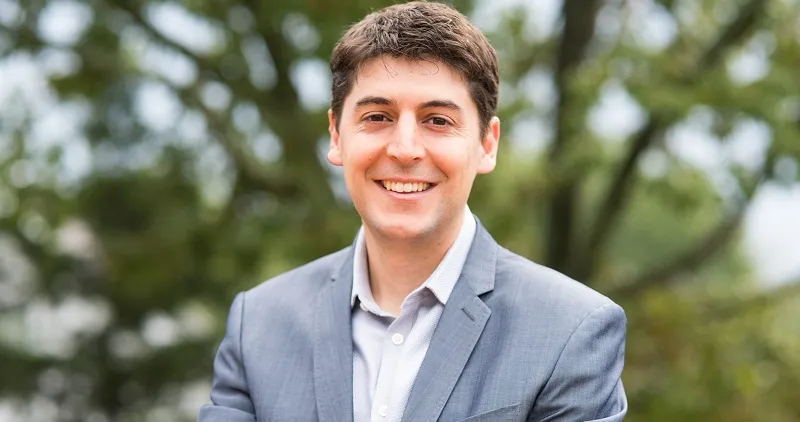With collateral-free loans, MPOWER makes studying in the US easy
The company will provide loans to meritorious Indian students who wish to study in the US.
Every year, lakhs of Indians go to the US to pursue higher education. For the majority who are unable to pay their way through, the only way to fund their education abroad is to go for collateral and co-signed loans from banks. These loans, however, require lengthy and complex paperwork before they are processed. Also, availing such loans usually means making one's families liable for the debt and its repayment, and this can be an unpleasant experience for many when they are unable to land a job right after finishing their education.
Having gone through the rigmarole of funding their own education, Manu Smadja and Mike Davis set up MPOWER Financing in 2014 to tackle the problems faced by students in availing loans to study in the US. Manu had met Mike, a serial entrepreneur, in 2009 at INSEAD, Paris, where both were doing their MBA.

According to research firm Marketwatch, the outstanding debt from student loans in the US is a massive $1.2 trillion. MPOWER wants to step in and help such students with collateral-free loans, in the form of capitalised loans where the principal and the interest are added because of the deferred payment and that becomes the principal on which interest is paid by the time the student gets a job. MPOWER has raised $10 million in funding, but the beginnings were very humble.
The early days
Manu started his life in France where his father was an executive in a packaging firm. When Manu wanted to go to college in the US his father became co-applicant to ensure his son was financed by the bank. “My father was very clear that I had to repay the loan as the fee was steep,” says Manu. Incidentally, all through his engineering undergraduate degree and his master's between 1999 and 2006, he worked as a math tuition teacher with a view to make money to pay off his student loan.
His good grades landed him jobs at CapitalOne and McKinsey, and he was able to clear his debt quickly. But not everyone is as lucky as Manu. Without a high paying job, it can take one up to 15 years or more to pay off loans.
When Manu’s younger sister applied for a loan to study in the US, Manu found that the banking system was as unfriendly to students as it had been when he had gone to to the US to study. Says Manu,
“The irony was I was working on financial inclusion models at my consulting job, and here I was co-signing and helping my sister with an expensive loan.”
Plenty of students drop out of college because they cannot manage their expenses, Manu adds.
With that episode, Manu found his calling. He prepared a 45-slide PowerPoint that became the foundation of his company. He spoke to Mike about the idea and the startup veteran jumped at the opportunity. Mike built the engine that would look at student applications and assess their eligibility and ability, based on grades, to pay back the loans.

The business
By late 2014, Manu quickly launched the company’s idea in Harvard and closed six loans with students from Africa. The money was given through Harvard to these African students who had arrived on scholarship to study in the US. MPower has so far received applications for loans worth $140 million and is scaling up operations. Most of the money disbursed as loans to students come from private investors, hedge funds and institutions. Each student is given a loan of $25,000 at an annual interest rate of 7.99-13.99 percent for a period of 3-10 years.
Students can pay off their loans via the mobile and through the bank. Since building a credit history is important in the US, MPOWER helps students with having their credit history recorded for tax purposes. Recently, Indian VC firm Zephyr Peacock invested in the startup, which will use the funds to expand its operations in Bengaluru. Apart from the financial help, MPOWER advises students on jobs, offers career direction apart from helping them with the US visa process.
MPOWER’s first set of loans will be due for repayment next year. With low non-performing assets on their balance sheet, the startup would be able to convince investors that this social-to-profit model works. Over 100 students have been helped so far and more than 1,000 loans could be disbursed by the end of 2017. Raman Kumar, founder of CashE, says,
“Startups in financial inclusion that offer loans without collateral help change lives.”
India has many fintech companies. But their business models revolve around consumers and small businesses. Companies like CashE, Kissht, CapitalFloat, Zest Money and many others are cracking the Indian market, but there is a need for a loan disbursement startup for students locally. There is Credila, a HDFC company, that provides loans to students on collateral as security. Most public and private sector banks make this service available to students on the basis of collateral and guarantees.







